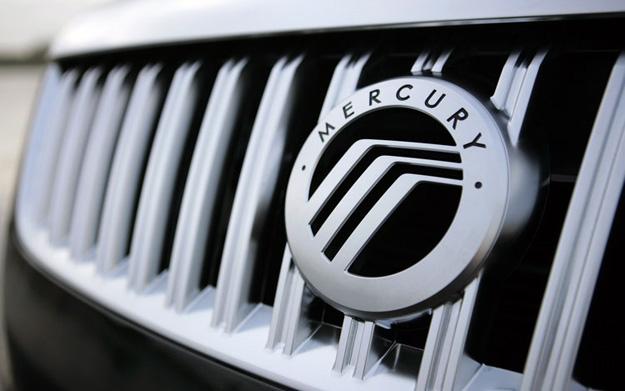
It’s no secret (or science, really) that we like what we like: sometimes we can explain it and other times we can’t. It might not always follow a logical formula, but if we’re satisfied with a product, chances are we’re going to go for it again next time around. This is especially true when it comes to cars and — sure as shoot — automakers know this, which is why companies like General Motors and Ford are doing all they can to retain current customers according to Forbes.
In fact, R.L Polk & Associates estimate that there are more than 18 million “orphan” cars currently on the road that have been abandoned by their parent company, including Pontiac, Hummer, Mercury, and Saturn, as well as even older makes such as Plymouth, Oldsmobile, Geo, and Eagle (remember Eagle?!). While these autos may have met an untimely end, their owners carry on, presenting a “golden opportunity for new vehicle manufactures,” says Polk’s lead analyst for North American forecasting, Tom Libby.
Because all these drivers are eventually going to have to shop for a new brand of vehicle regardless of their levels of satisfaction with their existing autos, this presents a huge opportunity (read: dollar signs) for any automaker that can swoop in for the kill.
And that’s exactly what they are doing. GM is offering Saturn owners various incentives like $1,000 in cash towards a Chevy Cruze, Cadillac CTS, or a GMC Acadia, while Ford is allowing its Mercury lease customers the option of terminating their agreements early without penalty and waiving six remaining payments if they opt for Ford or Lincoln.
But is it working? Are automakers able to retain these customers from their discontinued brands? Results seem to be mixed. According to research from Edmunds.com, 39-percent of Pontiac owners, 37-percent of Hummer owners and 31-percent of Saturn owners traded in their old cars for another GM vehicle. The figures even indicate, albeit a bit perplexingly, that GM is retaining roughly the same amount of Pontiact owners and an even higher percentage of Saturn owners now than it did back in 2007 when the brands were still around. All isn’t entirely well though, because GM is still losing more than 60-percent of its former owners across the board to the likes of Honda, Ford, and Toyota.
Of course their loss is your gain and if you happen to be driving around in one of these “orphaned” makes, now just might be the best time for you to shop around for another set of wheels.
Editors' Recommendations
- The 10 best car battery brands in 2024
- A weird thing just happened with a fleet of autonomous cars
- Best car brands
- 2022 Chevy Bolt EV and Bolt EUV: More electric cars to love
- GM Cruise given nod to test fully driverless cars in San Francisco

